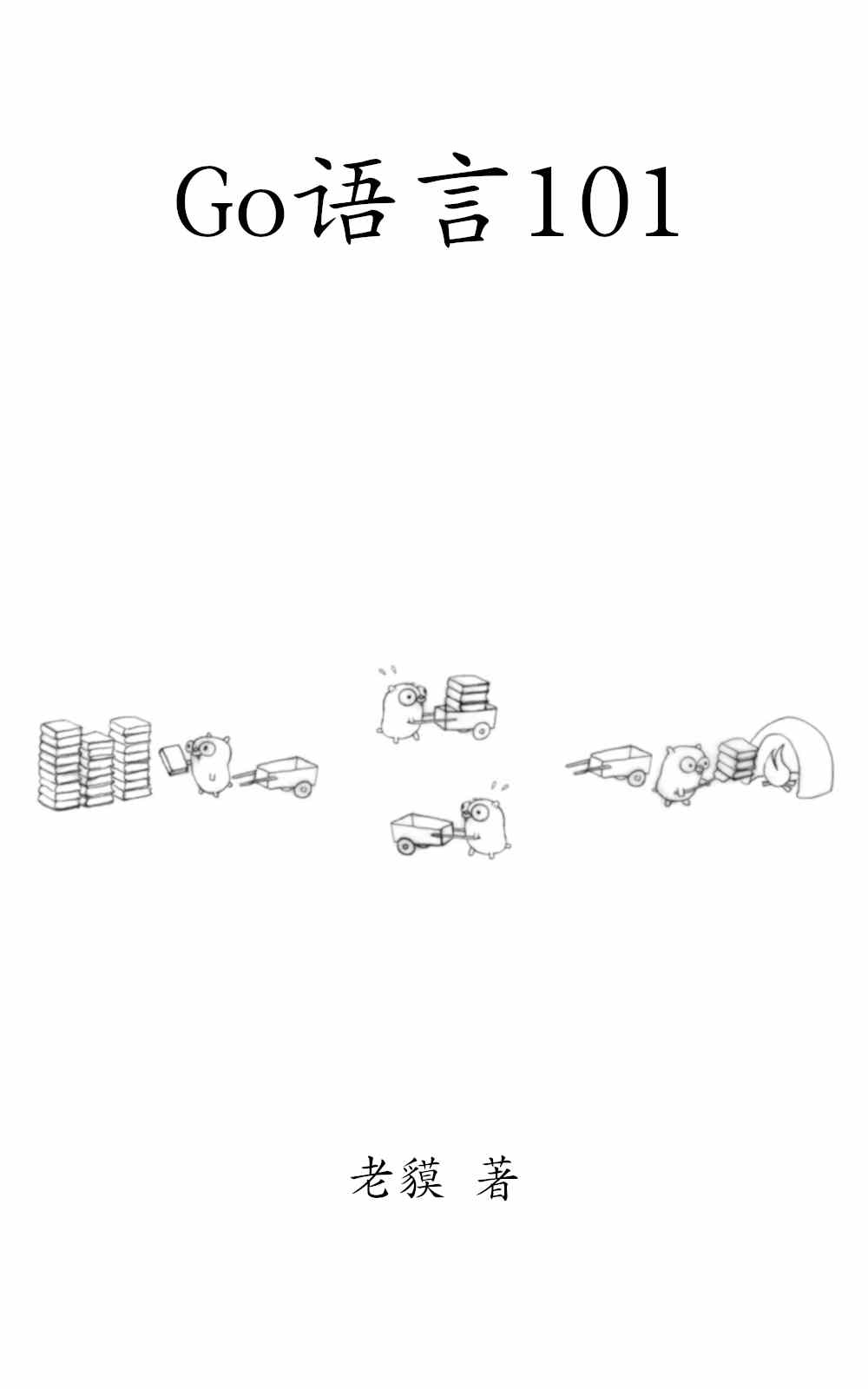本文摘自网络,作者,侵删。
手撸golang GO与微服务 ES-CQRS模式之1
缘起
最近阅读 [Go微服务实战] (刘金亮, 2021.1)
本系列笔记拟采用golang练习之
git地址: https://gitee.com/ioly/learning.gooop
ES-CQRS模式
ES(Event Sourcing)事件溯源非常好理解,
指的是将每次的事件都记录下来,
而不是去记录对象的状态。
比如新建、修改等都会作为事件记录下来,
当需要最新的状态时,通过事件的堆叠来计算最新的状态。
按照事件溯源的模式进行架构设计,
就是事件驱动架构(Event DrivenArchitecture, EDA)。
命令查询职责分离(CQRS)最早来自Betrand Meyer写的
Object-OrientedSoftware Construction一书,
指的是命令查询分离(Command Query Separation,CQS)。
其基本思想是任何一个对象的方法都可以分为以下两大类:
▪ 命令(Command):不返回任何结果(void),但会改变对象的状态。
▪ 查询(Query):返回结果,但是不会改变对象的状态,对系统没有副作用。
CQRS的核心出发点就是把系统分为读和写两部分,从而方便分别进行优化。
目标(Day 1)
- 根据ES-CQRS模式, 设计"TODO - 待办事宜"程序
设计
- TodoDTO: 待办事宜数值对象
- TodoCreatedEvent: 创建todo事件
- TodoUpdatedEvent: 修改todo事件
- TodoRemovedEvent: 删除todo事件
- IEventBus: 事件总线接口
- iTodoEventSerializer: 事件序列化到JSON数据的接口
- iTodoReader: todo读取接口
- iTodoWriter: todo写入接口
- iJSONStore: json文件读写接口
- tEventBus: 事件总线的实现
- tTodoEventSerializer: 事件序列化到JSON的实现
- tTodoWriter: 事件写入器的实现
- tMockJSONStore: 虚拟的JSON文件读写实现
- tTodoReader: 未完成
TodoDTO.go
待办事宜数值对象
package todo_app
type TodoDTO struct {
NO int
Title string
Content string
}
TodoCreatedEvent.go
todo事项创建事件
package todo_app
type TodoCreatedEvent struct {
Data *TodoDTO
}
TodoUpdatedEvent.go
todo事项修改事件
package todo_app
type TodoUpdatedEvent struct {
Data *TodoDTO
}
TodoRemovedEvent.go
todo事项删除事件
package todo_app
type TodoRemovedEvent struct {
NO int
}
IEventBus.go
事件总线接口
package todo_app
type EventHandleFunc func(e string, args interface{})
type EventHandler struct {
ID string
Handler EventHandleFunc
}
type IEventBus interface {
Pub(e string, args interface{})
Sub(e string, id string, handleFunc EventHandleFunc)
Unsub(e string, id string)
}
const EventTodoCreated = "todo.created"
const EventTodoUpdated = "todo.updated"
const EventTodoRemoved = "todo.removed"
iTodoEventSerializer.go
事件序列化到JSON数据的接口
package todo_app
type iTodoEventSerializer interface {
SerializeCreatedEvent(it *TodoCreatedEvent) *tJSONData
SerializeUpdatedEvent(it *TodoUpdatedEvent) *tJSONData
SerializeRemovedEvent(it *TodoRemovedEvent) *tJSONData
}
iTodoReader.go
todo读取接口
package todo_app
type iTodoReader interface {
All() []*TodoDTO
}
iTodoWriter.go
todo写入接口
package todo_app
type iTodoWriter interface {
HandleCreated(e *TodoCreatedEvent)
HandleUpdated(e *TodoUpdatedEvent)
HandleRemoved(e *TodoRemovedEvent)
}
iJSONStore.go
json文件读写接口
package todo_app
type iJSONStore interface {
Load()
Append(it *tJSONData)
}
tEventBus.go
事件总线的实现
package todo_app
import (
"learning/gooop/saga/mqs/logger"
"sync"
)
type tEventBus struct {
rwmutex *sync.RWMutex
items map[string][]*EventHandler
}
func newEventHandler(id string, handleFunc EventHandleFunc) *EventHandler {
return &EventHandler{
id, handleFunc,
}
}
func newEventBus() IEventBus {
it := new(tEventBus)
it.init()
return it
}
func (me *tEventBus) init() {
me.rwmutex = new(sync.RWMutex)
me.items = make(map[string][]*EventHandler)
}
func (me *tEventBus) Pub(e string, args interface{}) {
me.rwmutex.RLock()
defer me.rwmutex.RUnlock()
handlers,ok := me.items[e]
if ok {
for _,it := range handlers {
logger.Logf("eventbus.Pub, event=%s, handler=%s", e, it.ID)
go it.Handler(e, args)
}
}
}
func (me *tEventBus) Sub(e string, id string, handleFunc EventHandleFunc) {
me.rwmutex.Lock()
defer me.rwmutex.Unlock()
handler := newEventHandler(id, handleFunc)
handlers,ok := me.items[e]
if ok {
me.items[e] = append(handlers, handler)
} else {
me.items[e] = []*EventHandler{handler }
}
}
func (me *tEventBus) Unsub(e string, id string) {
me.rwmutex.Lock()
defer me.rwmutex.Unlock()
handlers,ok := me.items[e]
if ok {
for i,it := range handlers {
if it.ID == id {
lastI := len(handlers) - 1
if i != lastI {
handlers[i], handlers[lastI] = handlers[lastI], handlers[i]
}
me.items[e] = handlers[:lastI]
}
}
}
}
var GlobalEventBus = newEventBus()
tTodoEventSerializer.go
事件序列化到JSON的实现
package todo_app
type tTodoEventSerializer struct {
}
func newEventSeiralizer() iTodoEventSerializer {
it := new(tTodoEventSerializer)
return it
}
func (me *tTodoEventSerializer) serializeWithTag(tag int, v interface{}) *tJSONData {
it := new(tJSONData)
err := it.Set(TagCreated, v)
if err != nil {
return nil
}
return it
}
func (me *tTodoEventSerializer) SerializeCreatedEvent(e *TodoCreatedEvent) *tJSONData {
return me.serializeWithTag(TagCreated, e)
}
func (me *tTodoEventSerializer) SerializeUpdatedEvent(e *TodoUpdatedEvent) *tJSONData {
return me.serializeWithTag(TagUpdated, e)
}
func (me *tTodoEventSerializer) SerializeRemovedEvent(e *TodoRemovedEvent) *tJSONData {
return me.serializeWithTag(TagRemoved, e)
}
const TagCreated = 1
const TagUpdated = 2
const TagRemoved = 3
var gDefaultEventSerializer = newEventSeiralizer()
tTodoWriter.go
事件写入器的实现
package todo_app
type tTodoWriter struct {
}
func newTodoWriter() iTodoWriter {
it := new(tTodoWriter)
it.init()
return it
}
func (me *tTodoWriter) init() {
GlobalEventBus.Sub("todo.created", "", me.handleEvent)
}
func (me *tTodoWriter) handleEvent(e string, args interface{}) {
switch e {
case EventTodoCreated:
if it,ok := args.(*TodoCreatedEvent);ok {
me.HandleCreated(it)
}
break
case EventTodoUpdated:
if it,ok := args.(*TodoUpdatedEvent);ok {
me.HandleUpdated(it)
}
break
case EventTodoRemoved:
if it,ok := args.(*TodoRemovedEvent);ok {
me.HandleRemoved(it)
}
break
}
}
func (me *tTodoWriter) HandleCreated(e *TodoCreatedEvent) {
j := gDefaultEventSerializer.SerializeCreatedEvent(e)
if j != nil {
MockJSONStore.Append(j)
}
}
func (me *tTodoWriter) HandleUpdated(e *TodoUpdatedEvent) {
j := gDefaultEventSerializer.SerializeUpdatedEvent(e)
if j != nil {
MockJSONStore.Append(j)
}
}
func (me *tTodoWriter) HandleRemoved(e *TodoRemovedEvent) {
j := gDefaultEventSerializer.SerializeRemovedEvent(e)
if j != nil {
MockJSONStore.Append(j)
}
}
tMockJSONStore.go
虚拟的JSON文件读写实现
package todo_app
import "sync"
type tMockJSONStore struct {
rwmutex *sync.RWMutex
once sync.Once
items []*tJSONData
}
func newMockJSONStore() iJSONStore {
it := new(tMockJSONStore)
it.init()
return it
}
func (me *tMockJSONStore) init() {
me.rwmutex = new(sync.RWMutex)
me.items = []*tJSONData{}
}
func (me *tMockJSONStore) Load() {
me.once.Do(func() {
me.rwmutex.RLock()
defer me.rwmutex.RUnlock()
for _,it := range me.items {
switch it.Tag {
case TagCreated:
v := new(TodoCreatedEvent)
e := it.Get(v)
if e == nil {
GlobalEventBus.Pub(EventTodoCreated, e)
}
break
case TagUpdated:
v := new(TodoUpdatedEvent)
e := it.Get(v)
if e == nil {
GlobalEventBus.Pub(EventTodoUpdated, e)
}
break
case TagRemoved:
v := new(TodoRemovedEvent)
e := it.Get(v)
if e == nil {
GlobalEventBus.Pub(EventTodoRemoved, e)
}
break
}
}
})
}
func (me *tMockJSONStore) Append(it *tJSONData) {
me.rwmutex.Lock()
defer me.rwmutex.Unlock()
me.items = append(me.items, it)
}
var MockJSONStore = newMockJSONStore()
(未完待续)
本文来自:简书
感谢作者:老罗话编程
查看原文:手撸golang GO与微服务 ES-CQRS模式之1
相关阅读 >>
更多相关阅读请进入《Go》频道 >>

Go语言101
一个与时俱进的Go编程知识库。




